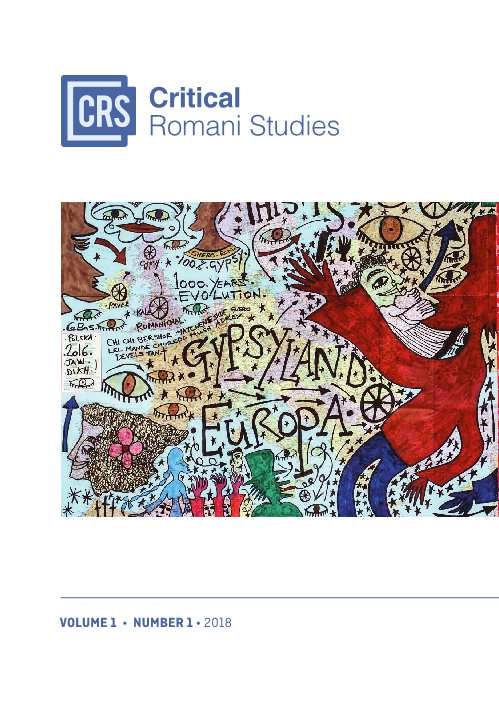‘Neither bloody persecution nor well intended civilizing missions changed their nature or their number’: A Postcolonial Approach to Protestant ‘Zigeuner’ Missionary Efforts
‘Neither bloody persecution nor well intended civilizing missions changed their nature or their number’: A Postcolonial Approach to Protestant ‘Zigeuner’ Missionary Efforts
Author(s): Verena MeierSubject(s): Ethnic Minorities Studies
Published by: Romani Studies Program Central European University
Keywords: Antigypsyism; Colonalism; Colonized; Mission; Protestantism; Post-colonialism
Summary/Abstract: Christian missionaries played a major role in the process of Othering Sinti and Roma. This “Other” was – like the colonial subject – mainly viewed as primitive, uncivilized, superstitious, and heathen. From the early nineteenth century, Protestant missions were established in Germany to “civilize” and educate Sinti and Roma. This paper takes a critical stance on these Protestant missionary efforts in the nineteenth and early twentieth centuries, highlighting the relevance of postcolonial studies for Romani studies. Firstly, I outline interconnections between stereotypes related to Zigeuner in the colonial metropole and “primitives” in the peripheral areas, which is then followed by an analysis of Protestant views on these two subordinate groups and the ways in which knowledge was transferred between Protestant missionaries across time and space. Finally, this analysis is followed by a methodological reflection on the benefits and limitations of postcolonial studies for critical Romani studies.
Journal: Critical Romani Studies
- Issue Year: 1/2018
- Issue No: 1
- Page Range: 86-112
- Page Count: 27
- Language: English

